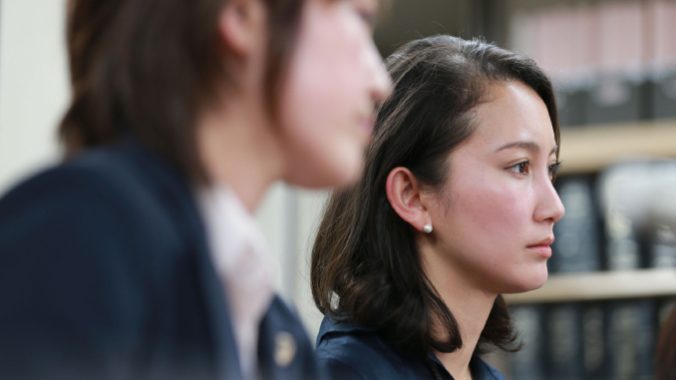Black Box Diaries Is a Riveting, First-Person #MeToo Investigation

All stories documenting the personal anecdotes making up the #MeToo movement are courageous. Speaking up about a painful truth, knowing that if society at large was going to listen with generosity or empathy, well, it wouldn’t need a movement to get these tales told. They are brave alliances between survivors and journalists, battling entrenched sexism with unrelenting professionalism and mutual trust. Black Box Diaries tracks a moving #MeToo story that brought the movement to Japan, from the crime itself, through the journey of going public and to the uneasy closure of its long war of attrition. Its devastation is familiar. But because filmmaker Shiori Itō is both survivor and journalist, and recorded her own investigation into her assault in real time, the documentary becomes a thrilling testament to her exceptional, tenacious agency in the face of a hostile world.
A bit like how Navalny saw Russian opposition leader Alexei Navalny pursue the men Vladimir Putin sent to assassinate him, there’s a macabre adrenaline running through the first-person perspective of Black Box Diaries. Nobody has the same incentive to bring about justice than the survivors themselves. There’s also the same interconnectedness of sinister power on the other side: Itō’s attacker is Noriyuki Yamaguchi, biographer of then-Prime Minister Shinzo Abe, whose government maintained the same sexual assault laws for over a century. Yamaguchi’s political and police connections protect him from arrest at least once, and gets a helpful detective removed from Itō’s case. If all sexual assault cases are uphill battles, Itō’s is a Sisyphean conspiracy. And we get a front-row seat to the endless struggle.
-

-

-

-

-

-

-

-

-

-

-

-

-

-

-

-

-

-

-

-

-

-

-

-

-

-

-

-

-

-

-

-

-

-

-

-

-

-

-

-








































